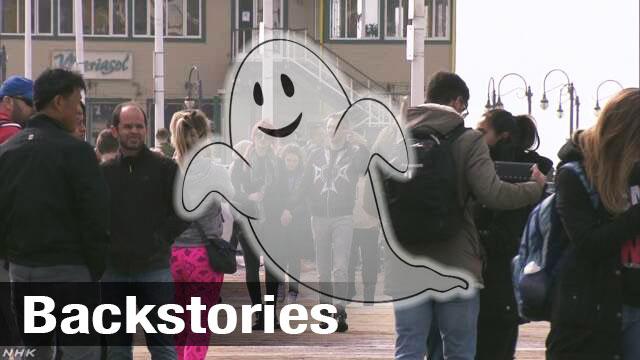"Oh god, business is amazing," says an enthusiastic Harris outside a location near San Diego. "Our company has been growing year by year, by 30, 40, 50, 60, 70 percent. The plant-based segment in general is growing by leaps and bounds right now."
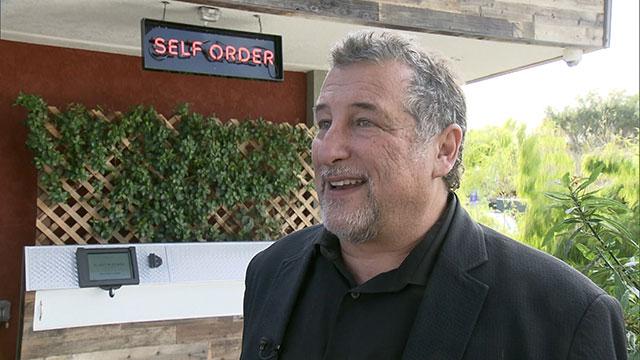
But as profits increase and the chain expands, so does the company's need to find and retain workers. This is a challenge in an economy with a tight labor market and in an industry notorious for employee turnover.
"When we started out, we thought, 'well we're special, we're vegan, people will never quit, they'll stay with us forever," he says. "But at the end of the day it's a fast food gig."
Additionally, this millennial business, like others across the country, has encountered a very millennial phenomenon: ghosting. A tactic from the dating world has made its way into the job market.
"Ghosting is when you decide to disappear," says 28-year-old Rakesh Bhakta, who has ghosted three employers and an unspecified number of romantic partners within the last year.
"Like if you're dating somebody and you're talking to that person and then all of a sudden you decide to just disappear. Like you just don't give them an answer or a response or anything like that. For a job, you just show up and you just don’t come back at all. Without a response."

Ghosting has become so prevalent in the job hunt that in the December 2018 Beige Book, the Federal Reserve Bank of Chicago observed, "…a number of contacts said that they had been 'ghosted,' a situation in which a worker stops coming to work without notice and then is impossible to contact."
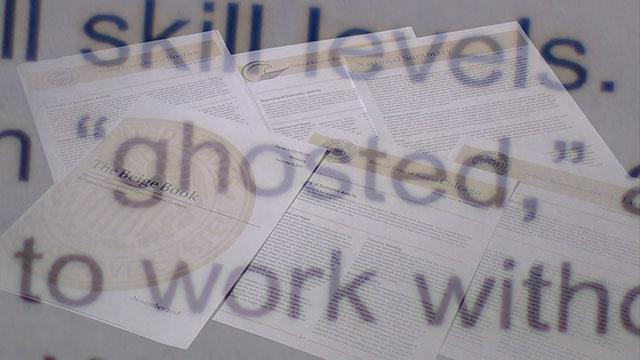
"Well first of all I'm a millennial as well and it's not all of us that ghost, but I will say that it is an issue," says Bryan Tublin, the owner and co-founder of gluten free restaurant Kitava in San Francisco. "It's an issue even with people not showing up to interviews."
Unlike in the dating world, the cost of ghosting in business isn't just a bruised ego. A study by the Center for Hospitality Research at Cornell University estimated the practice costs restaurants $5,864 on average for every front-line employee they lose. Considering that the turnover rate in the food service and accommodation industries has hovered above 70% from 2015 to 2017, according to the Bureau of Labor Statistics, costs can add up in a hurry.
"This is certainly something that we hear about a lot," said John Waldmann, CEO of Homebase, a software company whose app specializes in helping restaurants and other Main Street businesses manage and hire their teams. "74% of [Homebase clients] said they were worried about hiring and retaining employees."
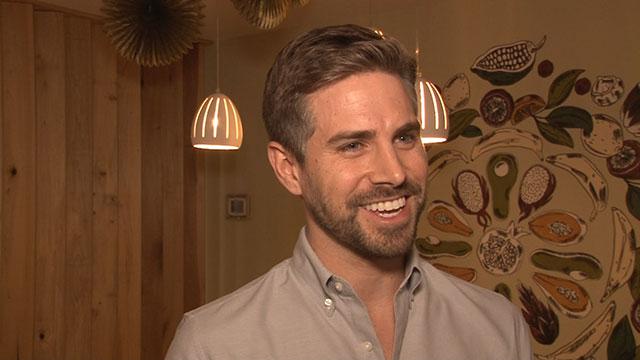
Restaurants across the country, like Tublin's Kitava, have turned to apps like Homebase to help retain its workers.
According to Tublin, Homebase helps his entire team communicate about everything, from scheduling to congratulating team members for key achievements.
"If someone is working really hard, or covering a shift for another employee, we give 'shout outs' in the app," Tublin says. "An overarching way to make them feel appreciated is just communicating with them how well they're doing and also the growth that they can have because everyone wants to grow and improve."
But would an app like Homebase have kept Rakesh from ghosting?
"I wasn't appreciated as much I felt," said Rakesh. "I just felt like, 'You know what? I don't need to explain myself to you. You guys know what you guys are doing,' so no response."
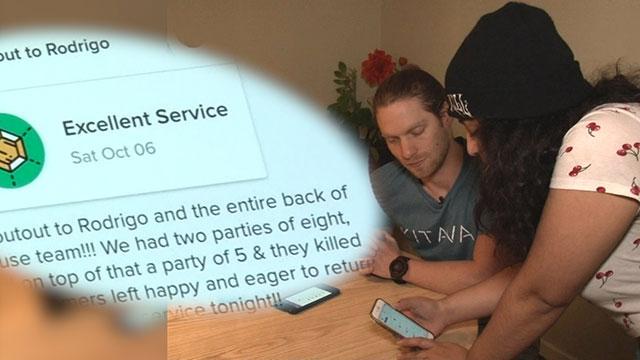
Back at Plant Power Fast Food, Jeffrey Harris is unfazed. Business is thriving, customers keep coming, and workers keep applying. "We attract a lot of mission-based young people, people who really believe in what we're doing," he says. "And we just try to support them and give them positive feedback as much as we can. Treat them with respect and love which is what everybody wants."
